What vitamins are in milk?
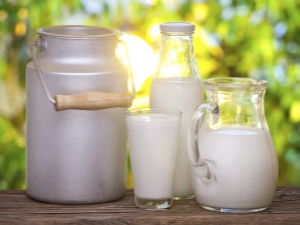
Milk has always been a rich source of vitamins and nutrients that are important for humans. It saturates the body with almost all the main vitamin complexes and minerals and satisfies all its physiological needs. The amino acids and fatty acids included in the composition provide the right diet for human life, development and growth. And what else is the use of milk, we will find out in this article.
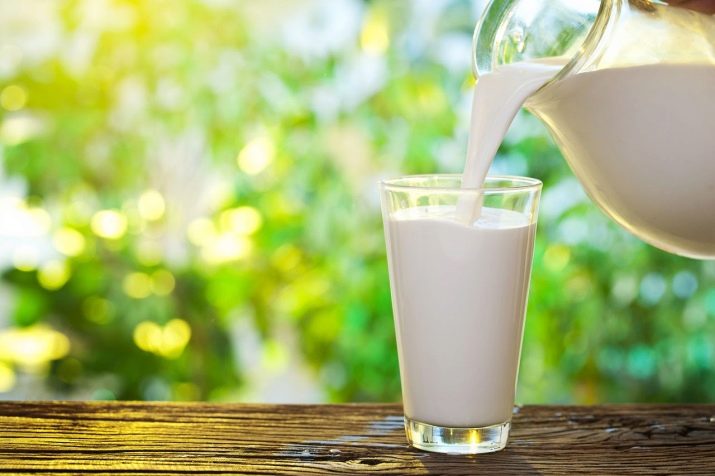
Composition and features
The diet of every person in most cases contains milk (whether cow or goat) and a variety of dairy products. They have long been the main elements of food, without which people can not do.
It is known from history that people who eat them daily have better health, energy, and the development of the body is much better.
Scientists have proved the fact that dairy products have exceptional nutritional value. No other food in the world can compare to milk in this regard. Complete nutrition with it contains in different quantities all the important ingredients necessary for maintaining physical fitness and health.
First of all, it contains various types of milk fats, which give energy to a person. Their complex composition also includes at least 64 different fatty acids containing from 4 to 26 mg of carbon with a relatively high proportion of short-chain molecules, many of which are not found in other fatty elements.In general, milk contains about 66% saturated, 30% monosaturated and 4% polyunsaturated acids.

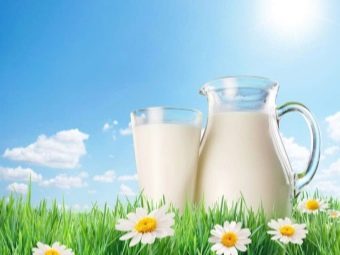
The second ingredient is a protein that takes several forms. One of them is casein, which is found only in milk. Proteins are made up of 20 amino acids. Various proteins are vital for all people, helping them grow, gain strength and overcome illness or injury. Drinking 1 liter of milk every day will help provide the average adult with plenty of the protein they need.
Milk is a food source of carbohydrate lactose, glucose and sugar. They provide human organs with half of all nutrients and contribute 30% of energy to food. This perfectly stimulates the growth of intestinal microorganisms that synthesize B vitamins. They produce organic acids that provide an ideal protective environment and prevent the growth of unwanted mycobacteria in the intestine. In addition, they increase the good absorption of elements: calcium, phosphorus and magnesium, which have a beneficial effect on the intestinal microflora.
Among other things, milk improves the metabolism of internal cellular substances, normalizes the functioning of the cardiovascular and nervous systems, kidneys, the structure of the liver and brain.

Basic vitamin complexes
Everyone needs a regular supply of important vitamins to maintain their health. And dairy products and milk contain much more of them than any other food.
Vitamins A and D help vision and protect against disease.
Vitamin B2, also known as riboflavin, is a useful source of baby food to promote growth and skin in conjunction with vitamin C.
Milk also contains many minerals. And especially it is rich in calcium (strengthens bones and teeth), phosphorus (a good source of micronutrients for brain cells), potassium (tones the nervous system), sodium (helps absorb calcium).
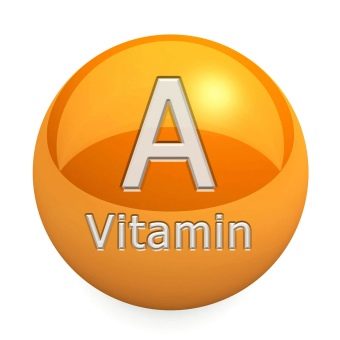

Nowadays, milk and its products are the main daily consumed products throughout the globe, from the equator, where the Arabs still use camel milk, to the Far North, where the Eskimos use the milk of deer (caribou).
It is the number one food in the diet of a person of any age. For babies, breast milk is the easiest, cleanest, and best way to get the health and nutrients they need for the first difficult months of life. It provides the body of young children with rich calcium, which actively strengthens growing bones and teeth. For adults, milk provides the required amount of energy. And for the elderly, it is presented as an easily prepared and quickly digestible natural food product.
100 mg of milk contains the maximum number of microelements: carbohydrates, fats, proteins and mineral salts, vitamins and minerals, hormones, natural enzyme.


A more detailed ratio is presented in the table:
vitamin complex | minerals | nutritional value (per 100 gr) | minerals | vitamins |
|---|---|---|---|---|
|
|
|
|
|
|
|
|
| |
|
|
|
| |
|
|
|
| |
|
|
|
| |
|
|
| ||
|
|
| ||
|
|
| ||
|
| |||
|

All of them are easily absorbed by the human body. Fresh cow's milk is recommended. This is due to its heat treatment, which reduces the effect of useful substances and minerals in it. And when processed, restored, in dried or condensed form, milk retains much less vitamins than in a fresh state.
Impact on a person
Due to the influence of calcium and phosphorus on the body of adolescents and young children, milk forms and nourishes the bone structure of tissues. That is why it is so important for them to consume dairy products daily with food in order to stop the development of osteoporosis and reduce the risk of bone fragility.
With its approximate consumption of 1 liter per day, a person provides himself with a daily dose of important essential substances for developmentsuch as calcium, fat, riboflavin and phosphorus. As a result, the protein system is supplied by 50%, with vitamin A - by 33% and 25% - with vitamin C. Vitamin D has a greater effect on human immunity, increasing its resistance to infections, helping to better absorb calcium and phosphorus. It is especially useful in diseases such as osteoporosis and rickets. And the B vitamins perfectly help to cope with fatigue, neurosis and depression. Vitamin A takes an unbearable part in cell division and stops the aging process.

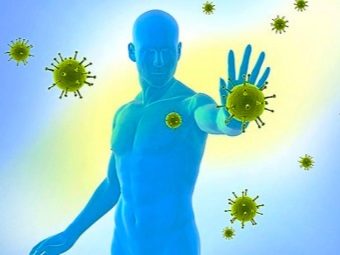
In addition, dairy food lowers blood pressure, so it is recommended for hypotensive patients. It also effectively calms the nervous system.Milk has analgesic properties during migraine attacks, lowers the risk of cardiovascular diseases, improves the functioning of the gastrointestinal tract, reduces heartburn, and treats gastritis and ulcers. Reduces the development of diabetes and obesity.
Fermented milk products are much different in composition from fresh milk, having several advantages. The lactic acid contained in them stops the reproduction of bacteria that cause decay processes in the intestines, restoring a healthy microflora. They also have a positive effect on intestinal dysbacteriosis. It manifests itself as a result of therapeutic therapy with the use of antibiotic drugs. They are also effective as medicinal and dietary products. The human body easily absorbs them due to the production of enzymes that break down protein molecules.
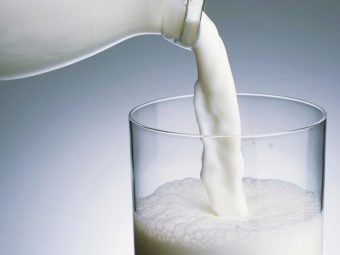

Milk contains large amounts of trace elements and minerals.
Their usefulness for a healthy person is enormous if he does not have digestive disorders.
- Milk strengthens the bone structure of tissues and teeth.
- It has a sedative effect that helps stop the negative effects of insomnia. Some amino acids, which are rich in milk, have a calming and relaxing effect, resulting in the disappearance of nervousness. To get the desired effect, you should drink 1 cup of warm milk before going to bed (40-50 minutes before bedtime).
- It cures gastritis, heartburn, duodenal ulcer, reduces pain spasms and discomfort (when drinking 1 glass of milk per day). This is due to the ability of milk to lower the acidity of gastric juice. For greater effect, you need to drink it slowly and in small sips.
- Possessing a slight diuretic effect, it removes various toxins from the body - metabolic decay products. This is especially useful for people suffering from hypertension and edema.
- It has a strengthening effect on the cardiovascular system, stopping the development of stroke and heart attack, due to the high content of potassium in dairy products.
- Normalizes weight in obesity due to the calcium in it, reducing excess fat. It also makes up for its deficiency by consuming them in food.

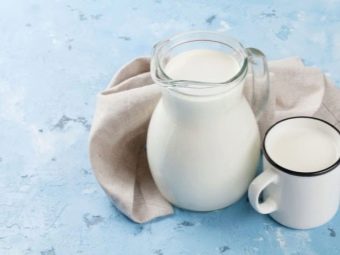
How to drink?
According to the results of clinical experiments, doctors and scientists came to the conclusion that milk belongs to the category of harmful products, even despite its quality. In some situations, their conclusions are confirmed, although in many cases the state of human health, the manufacturing technology of the product and its use play an important role.
Eat fresh, unprocessed dairy foods. Indeed, during processing, fats are often oxidized and have a harmful effect on the human body, causing fermentation, in which it loses the maximum amount of vitamins and nutrients.
Vitaminized milk can be drunk at any time of the day, but 2 hours before or after a meal. Cereals and cereals cooked on it are very useful. In this state, they have a greater positive effect on human health.
It should be drunk in small portions, warm or hot, approximately 300 ml per day. This dosage contains all the important vitamins and substances, without harming the digestive organs and the general structure of the body. There are no allergic reactions to the product.


It is advisable not to drink milk in a cold state, as it contains substances that convert the sticky mass located on the walls of the esophagus. The resulting composition removes harmful toxic substances from the body. You should not drink milk cool, because vitamins in a cold state are not absorbed in it and do not bring any benefit, but, on the contrary, can harm the stomach and cause mild discomfort in the esophagus, as well as cause discomfort in the intestines.
See the next video for more on the properties of milk.

















